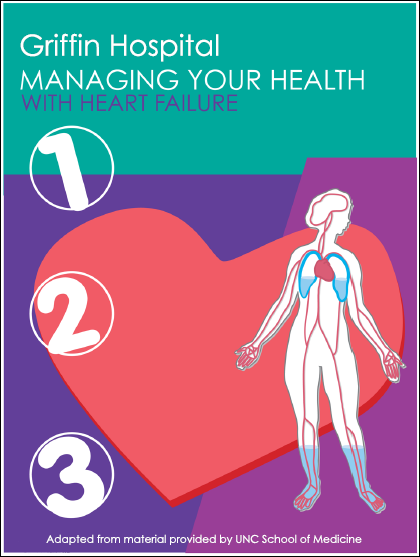
A vital aspect of participatory medicine is helping patients learn how to participate. This week I saw a great example of someone whoa??s doing it right. Herea??s the story, including the patient aid for download.
 We hear a lot about a??patient-centereda??: patient-centered care, patient-centered thinking, everything. Frankly, a lot of it strikes me as patient-centered paternalism: people mean well, but patients sense that the thinking didna??t happen while standing in patientsa?? shoes, because the advice, policies, and publications just dona??t hit home. Ita??s like somebody guessed what you want, instead of knowing (because theya??re like you).
We hear a lot about a??patient-centereda??: patient-centered care, patient-centered thinking, everything. Frankly, a lot of it strikes me as patient-centered paternalism: people mean well, but patients sense that the thinking didna??t happen while standing in patientsa?? shoes, because the advice, policies, and publications just dona??t hit home. Ita??s like somebody guessed what you want, instead of knowing (because theya??re like you).
A couple of years ago I learned about Planetree, a terrific, small organization in Connecticut thata??s been thinking from the patienta??s point of view for thirty three years. (Yes, since 1978. Why are they not better known??)
This week I attended a live webcast at a a??Planetree designateda?? hospital, Griffin Hospital, in Derby CT, produced by HealthLeaders Media. When somebodya??s truly patient centered, you rarely hear a puzzled a??Do people really need that?a?? or a??Isna??t this good enough?a??, because they start with what patients want. (See foundersa?? story at bottom.)
A great example is this booklet about CHF (congestive heart failure), which Griffin Hospital was kind enough to share. (Click the image to download the entire PDF, (1.7MB).) In my day job I did a bit of instructional development, so I can appreciate how well this was done:??the a??to-doa?? items are clearly presented, with NO extraneous explanation, and top-class use of icons and images. Ita??s all essential information, clearly presented, and nothing else. Ita??s what you need to do to succeed as a patient.
The cover graphic is a good example. Look at the person: fluid accumulating in the lungs and the legs. Intellectually I knew thata??s what CHF is, but never has it been so instantly clear.
They produced the text at fourth grade reading level, not the eighth grade that we often hear mentioned for health literacy. Why? If youa??ve ever cared for an elder with CHF, you know they can be low-energy, and the less attention required to do the right thing, the better the odds of a??compliancea?? a?? or, as I like to call it, achievement.??After all, whose goal is it?
And thata??s the point. If the goal of healthcare is to help patients have the life they want, then it makes sense to start from that question, and build a ??care plan on that foundation.??Planetree president Susan Frampton captured it perfectly: they ask patients the most powerful participatory question in the world a?? a??Why is it important to you to stay alive?a??
With that as a shared goal, therea??s built-in motivation a?? and the patient has reason to use a great tool like this.
What do you think? Other Planetree hospitals, say hi in a comment! Got more stories of how you help patients participate in their goals???And anyone, if ??you know of other truly patient-centered aids like this book, let us know.
_______
See also: Planetreea??s beliefs and history a?? a??We are all caregivers,a?? compassion, empathy, and the poignant story of the organizationa??s founding, as Angelica Theriot a??sat staring at the cold, blank walls of her hospital room. Nurses hurried in and out without regard to Angelica as an individual, leaving her to spend hours feeling lonely and afraid.a?? She did something about it a?? in 1978. Thata??s one heck of an empowered patient, eh?
"
No comments:
Post a Comment